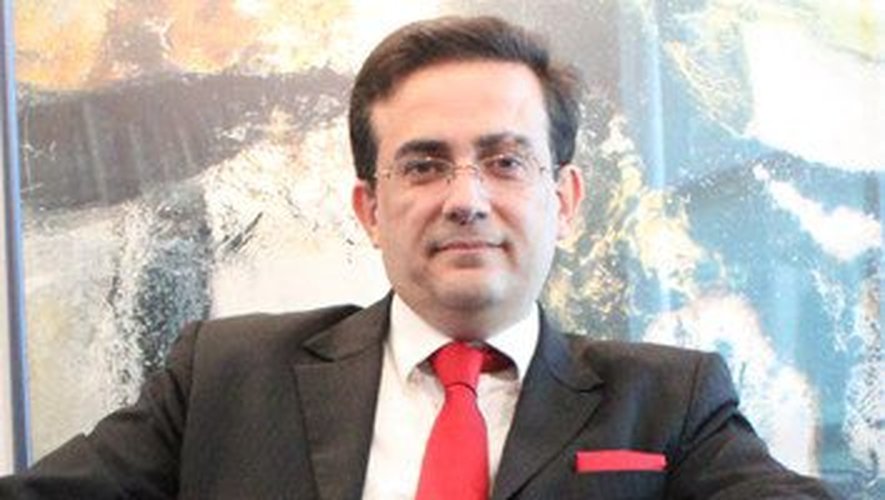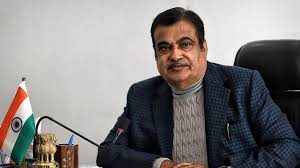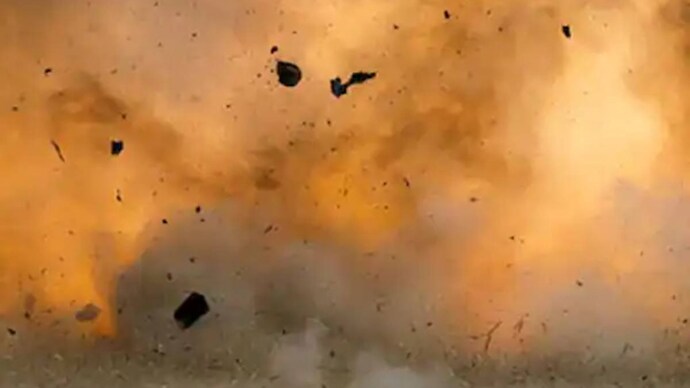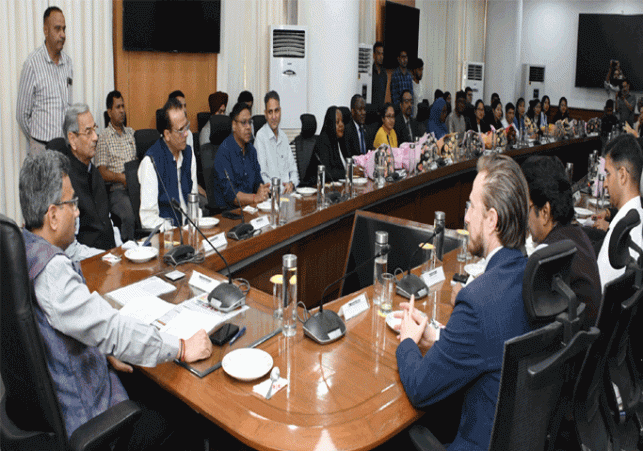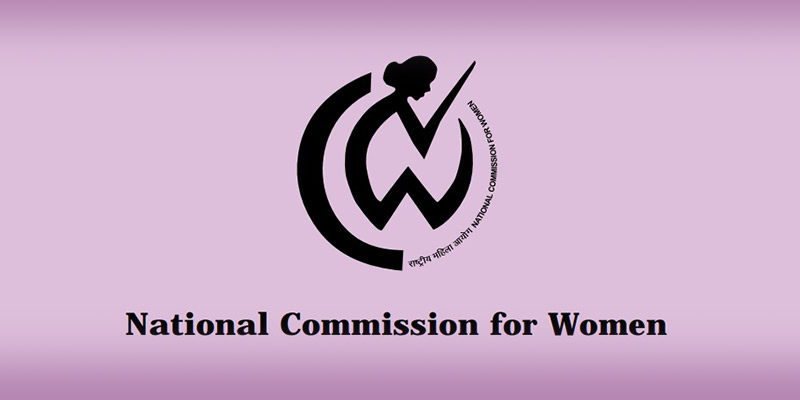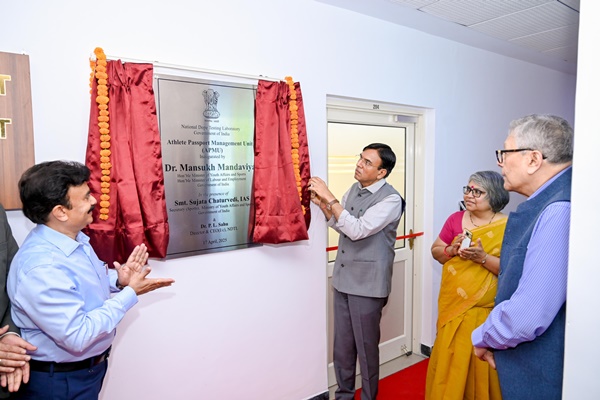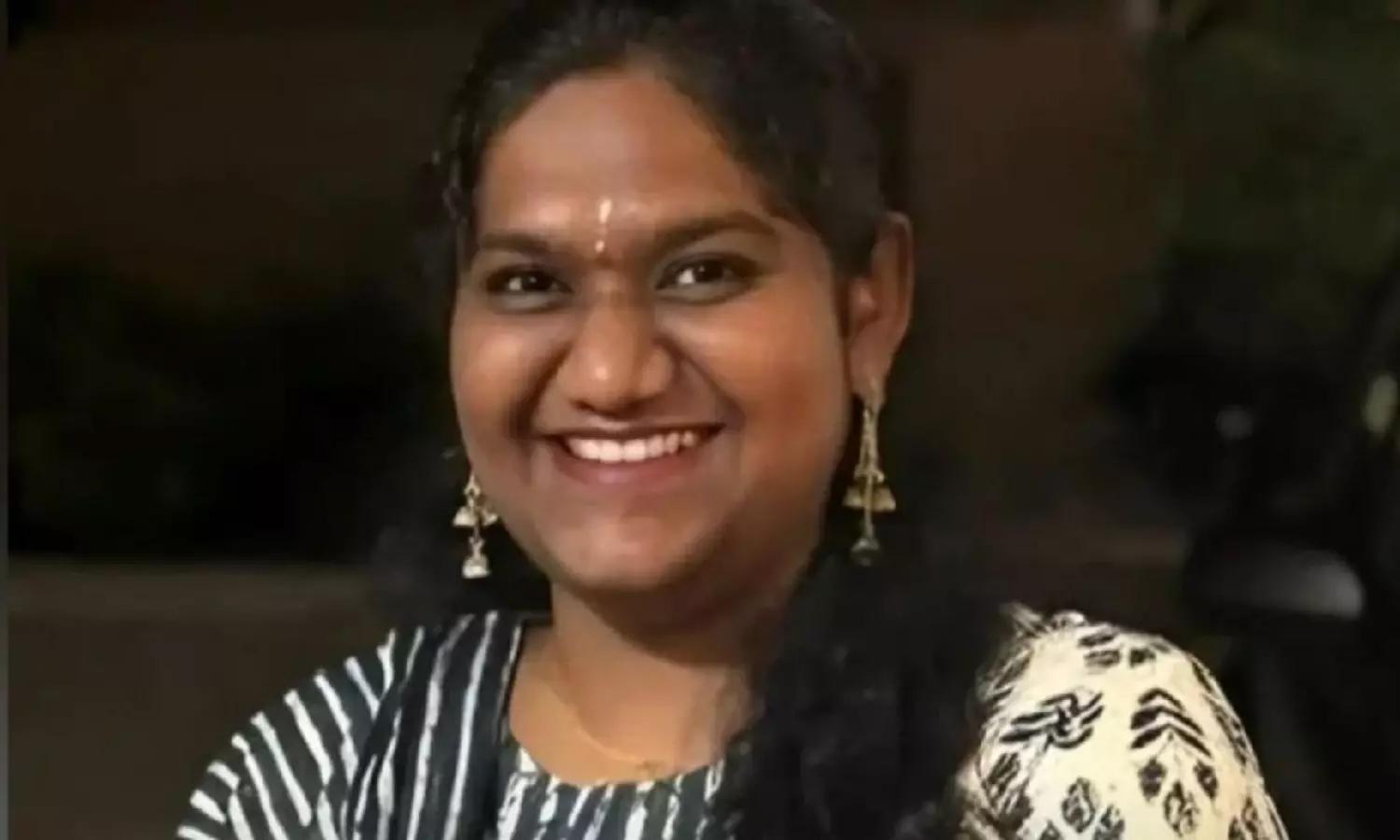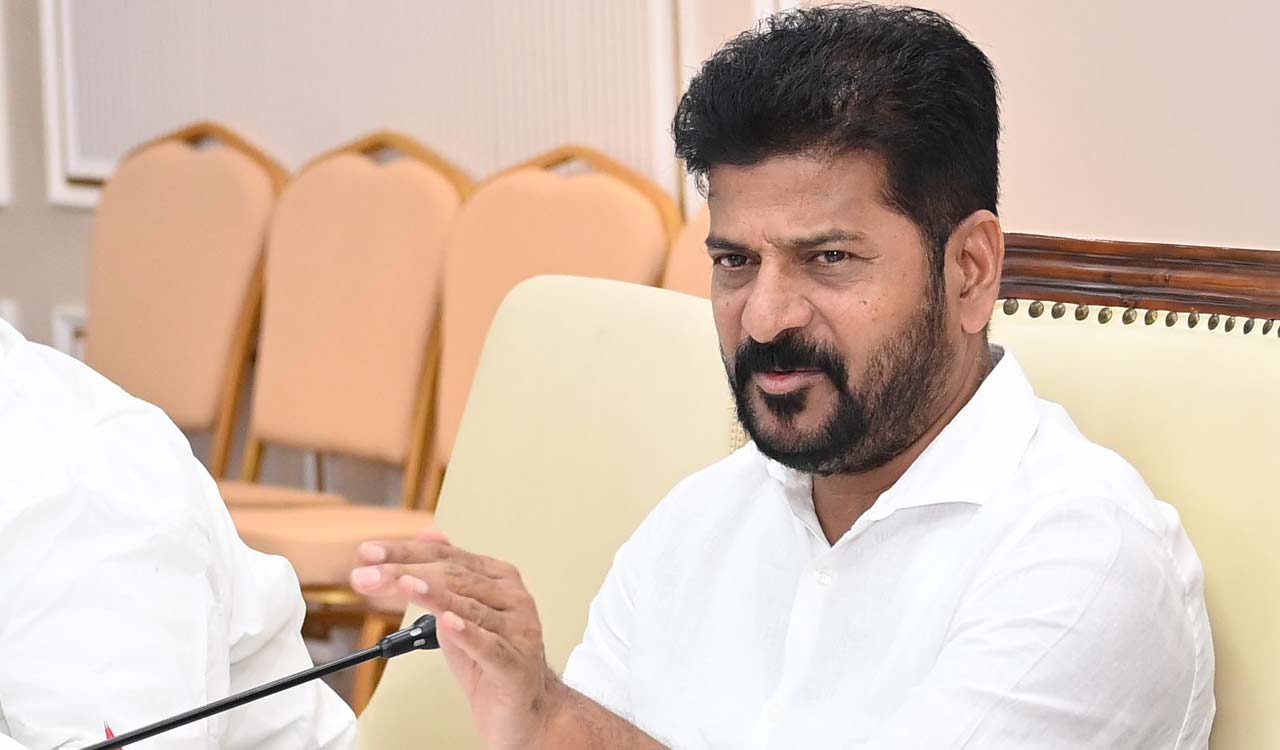Saudis Quit Russia Oil Talks
Sun 27 Nov 2016, 09:43:03
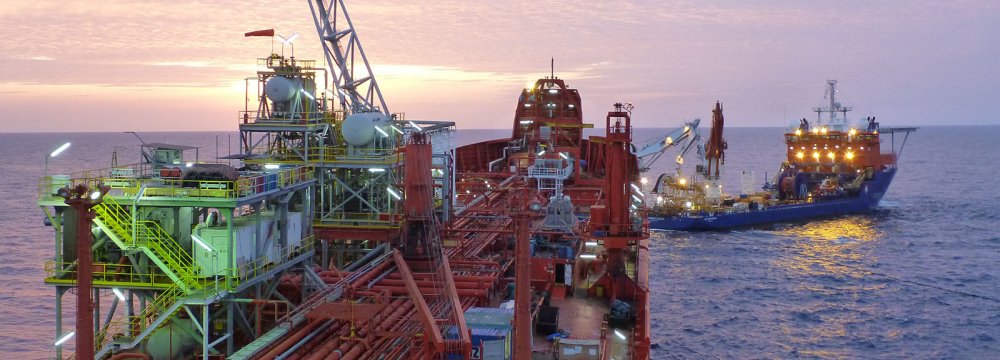
Saudi Arabia pulled out of planned talks with non-OPEC nations including Russia as disagreements about how to share the burden of supply cuts stood in the way of a deal to boost prices just days before a make-or-break meeting in Vienna.
OPEC officials were scheduled to meet with non-members including Russia on Monday before a ministerial meeting in Vienna two days later. The meeting was later canceled entirely after the Saudis decided not to take part, Bloomberg reported.
Instead, the group called another internal meeting to try to resolve its own differences, particularly the question of whether Iran and Iraq are willing to cut production, said two delegates, asking not to be identified because the deliberations are sensitive. Saudi Arabia wants an OPEC deal in place before talks with other producers such as Russia, one delegate said.
The setback suggests that Saudi Arabia remains split from its two biggest Middle Eastern rivals at the Organization of Petroleum Exporting Countries. Iran insists it should be allowed to restore output to
pre-sanctions levels, while it remains unclear if Iraq is still disputing the OPEC supply estimates that would provide the basis for any cuts.
pre-sanctions levels, while it remains unclear if Iraq is still disputing the OPEC supply estimates that would provide the basis for any cuts.
With less than a week until the crucial ministerial meeting, the refusal of just one major producer to participate could scuttle the whole of the agreement reached in September in Algiers.
"The whole Algerian deal wasn’t clear from beginning and their approach was ‘leave it to later’,” said Abdulsamad al-Awadhi, a former OPEC official for Kuwait who is now an independent analyst in London. Two months after the initial accord, "OPEC leaders are confused and the group’s top members cannot solve differences, but they want to have a deal with non-OPEC … This is a tough call," he added.
Saudi Arabia, OPEC’s de-facto leader, is reportedly ready to cut production, but only if all members share the burden of cuts equitably and transparently. In practice, that means the kingdom thinks Iraq needs to cut output and Iran has to freeze production around current levels, one OPEC delegate said last week.
No Comments For This Post, Be first to write a Comment.
Most viewed from International
Most viewed from World
AIMIM News
Latest Urdu News
Most Viewed
May 26, 2020
Do you think Canada-India relations will improve under New PM Mark Carney?
Latest Videos View All
Like Us
Home
About Us
Advertise With Us
All Polls
Epaper Archives
Privacy Policy
Contact Us
Download Etemaad App
© 2025 Etemaad Daily News, All Rights Reserved.


.jpg)
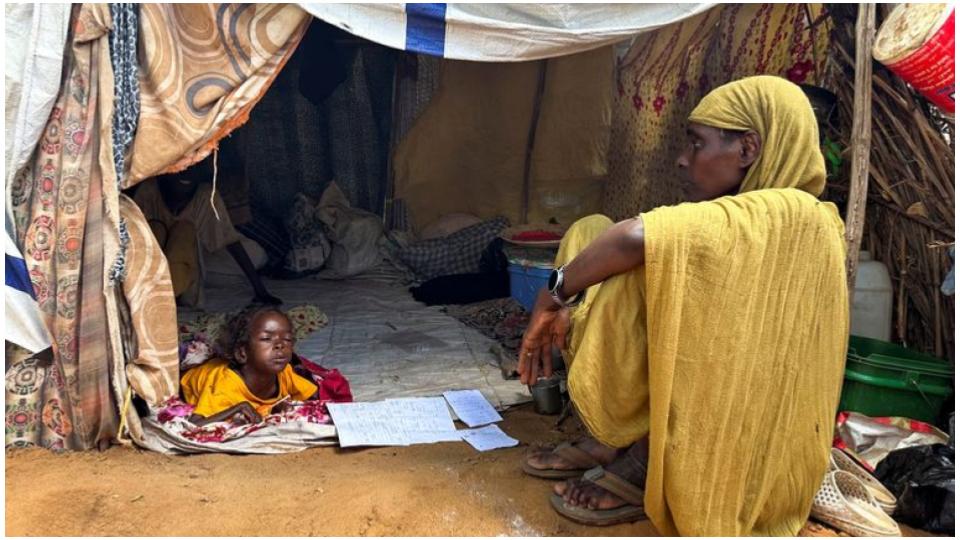
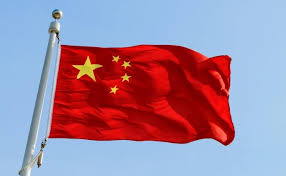
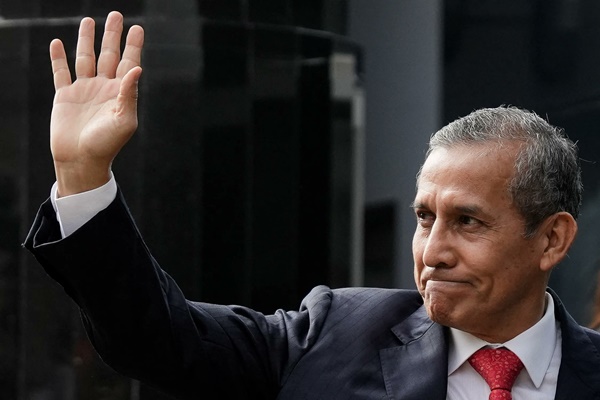
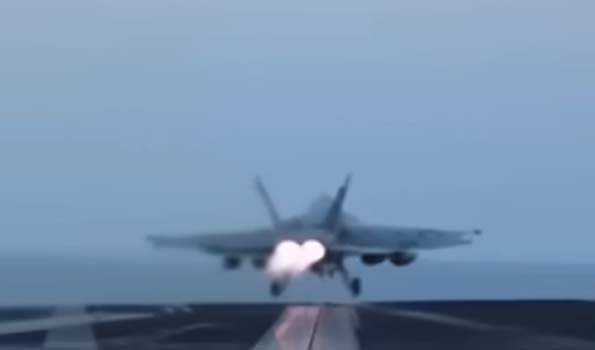
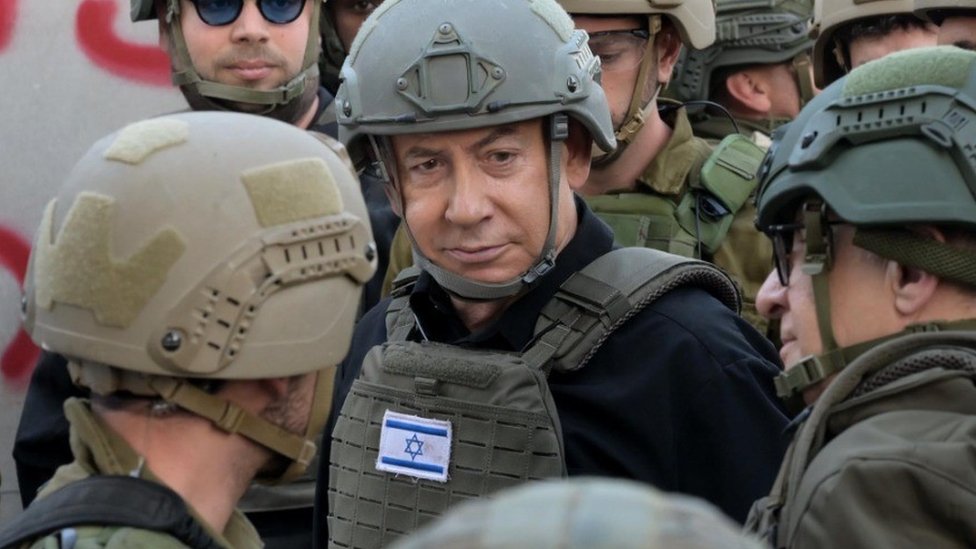
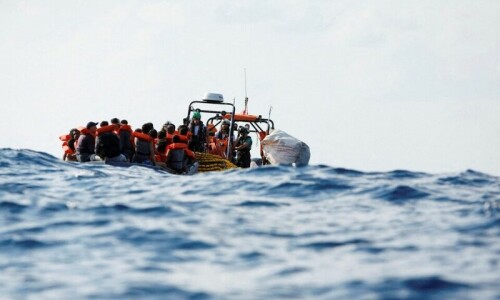
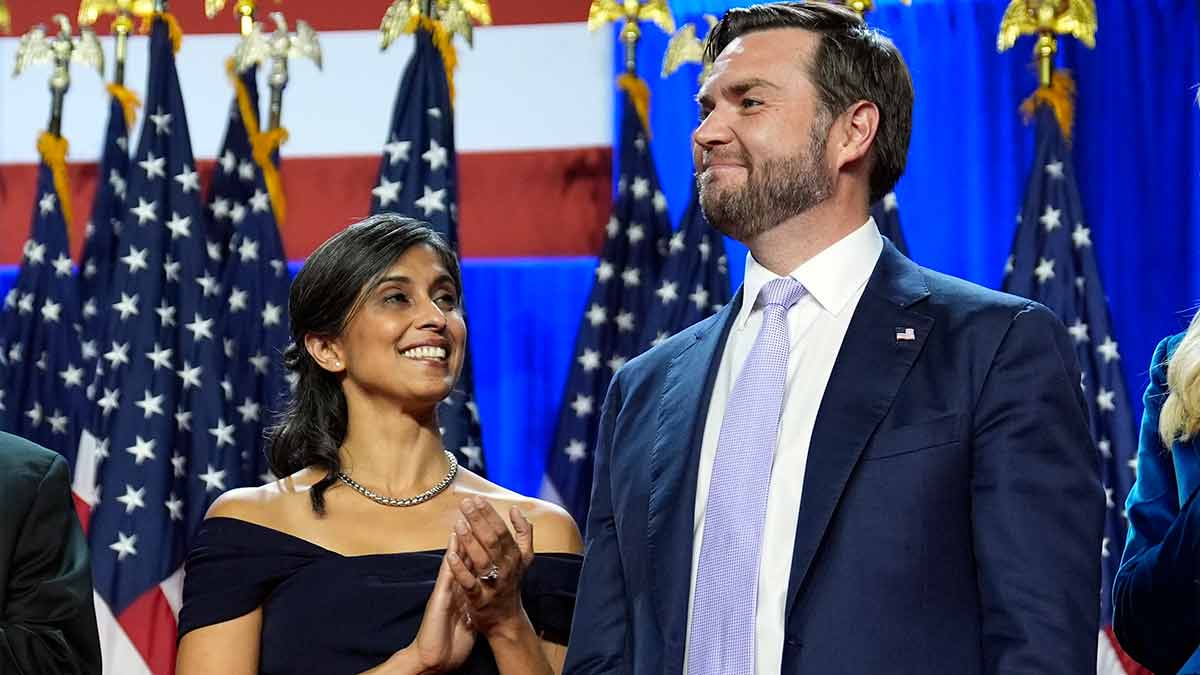
.jpg)
.jpg)
.jpg)

